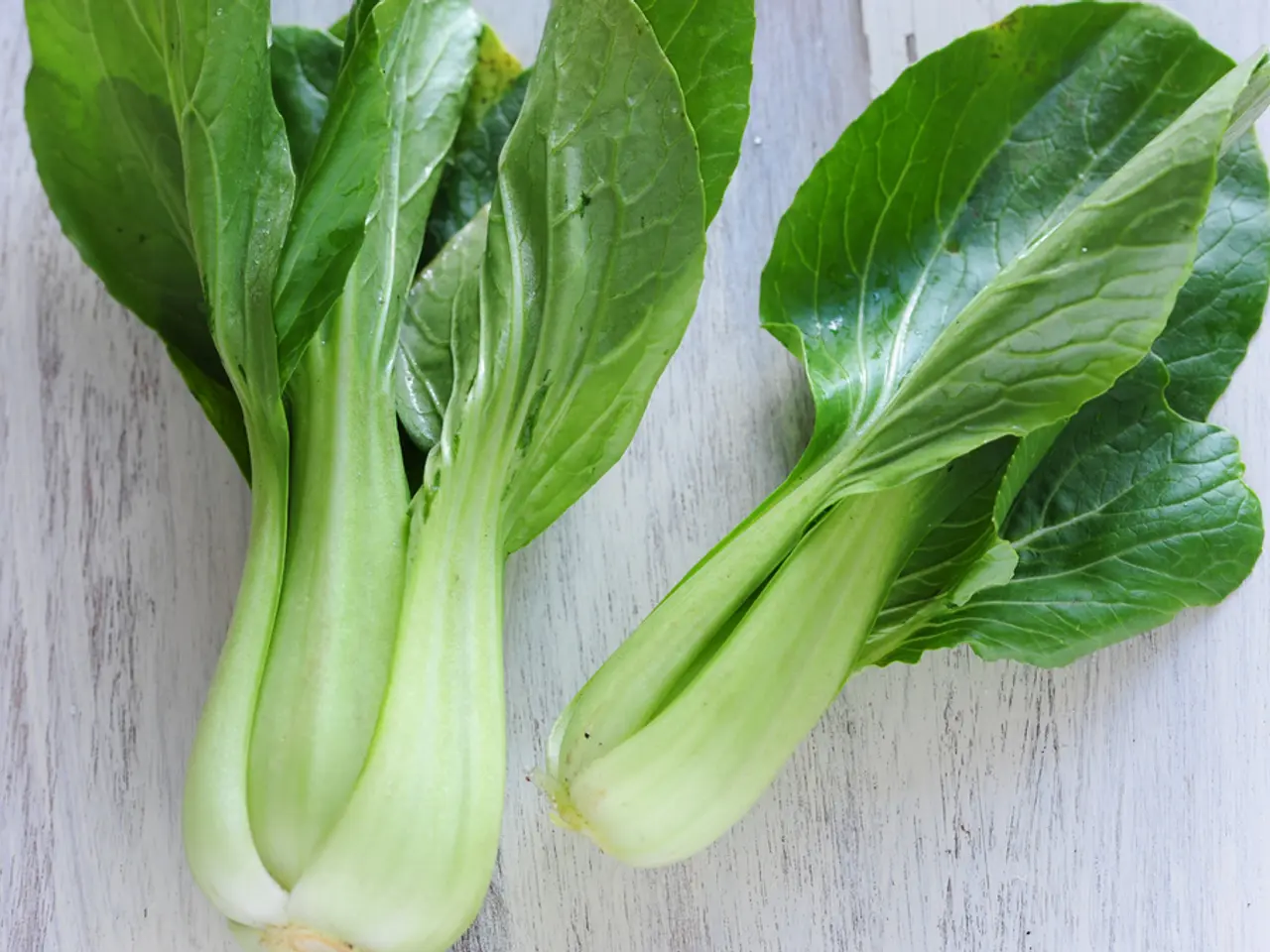Examining Nightshades: potent plants that may trigger health issues?
For many, nightshades - a botanical family of foods and spices - are a regular part of their diet, with staples like tomatoes, potatoes, eggplants, and peppers featuring in dishes worldwide. These vegetables are not only delicious but also highly nutritious, offering a wealth of antioxidants and beneficial nutrients that support overall health[1][2].
However, the question of whether nightshades cause or worsen inflammation in people with conditions like arthritis, psoriasis, or inflammatory bowel disease (IBD) remains a topic of debate[1][5]. While there is no strong scientific evidence proving that nightshades cause inflammation or exacerbate symptoms across the board[1][5], some individuals report feeling better when they avoid these vegetables, suggesting that food sensitivities to nightshades may be patient-specific[1][3][5].
Nightshades contain compounds like alkaloids (e.g., solanine) and lectins, which some nutrition experts speculate might trigger inflammation or gut irritation in sensitive individuals[3][4]. However, it's important to note that alkaloids are natural defense chemicals in nightshades, and the levels in edible nightshades are generally low and safe for most people[3][4].
If you suspect that nightshades might be a trigger for inflammation, a practical approach is to try an elimination diet: remove nightshades temporarily from your diet to see if symptoms improve, then reintroduce them to test tolerance[5]. If nightshades are a trigger for inflammation, they are just fuel for the fire, according to nutritionist Zumpano[6].
If you do decide to eliminate nightshades from your diet, it's crucial to ensure you're getting important vitamins and antioxidants from other sources. For instance, you can use beets to make a "no-mato" sauce, swapping white potatoes for sweet, and using Italian spices like basil, thyme, and rosemary instead of cayenne or paprika[7].
It's also worth noting that some health experts suggest that if nightshades do trigger inflammation, it may be due to an underlying imbalance in the immune system or gut health, rather than the vegetables themselves inherently causing inflammation[5]. In such cases, personalised dietary adjustments under medical guidance may be helpful[1][3][5].
In conclusion, while nightshades are unlikely to be broadly inflammatory for people with arthritis, psoriasis, or IBD, a subset of individuals may experience sensitivity or symptom flares related to these vegetables[1][3][5]. If you notice nightshades increase symptoms of inflammation, it's worth considering cutting them out of your diet for a few weeks to determine if they're a trigger. If you think you have a sensitivity to nightshades, it's recommended to consult a dietitian to help you find the eating plan that is best for you.
References: [1] https://www.arthritis.org/living-with-arthritis/arthritis-diet/nutrition/what-to-eat/vegetables/nightshades.php [2] https://www.healthline.com/nutrition/nightshade-vegetables [3] https://www.healthline.com/nutrition/nightshade-vegetables-inflammation [4] https://www.webmd.com/food-recipes/news/20190625/are-nightshades-bad-for-you [5] https://www.healthline.com/nutrition/nightshade-vegetables-arthritis [6] https://www.healthline.com/nutrition/nightshade-vegetables-arthritis#section10 [7] https://www.healthline.com/nutrition/no-mato-sauce-recipe
- Some individuals report feeling better when they avoid nightshades, suggesting that food sensitivities to nightshades may be patient-specific and could potentially affect health-and-wellness.
- Nutritionist Zumpano states that if nightshades are a trigger for inflammation, they are just fuel for the fire, indicating a potential link between nightshades and chronic-diseases such as arthritis.
- It's crucial to ensure you're getting important vitamins and antioxidants from other sources when you eliminate nightshades from your diet, as evidenced by the use of beets, sweet potatoes, and Italian spices in place of nightshades in some recipes.
- Health experts suggest that if nightshades do trigger inflammation, it may be due to an underlying immunological or autoimmune-disorders affecting health, which could impact the effectiveness of medical-conditions treatment.
- If you notice nightshades increase symptoms of inflammation or medical-conditions, it's recommended to consult a dietitian to help you find the eating plan that is best for you, and possibly adjust your fitness-and-exercise routine to support overall health and nutrition.




